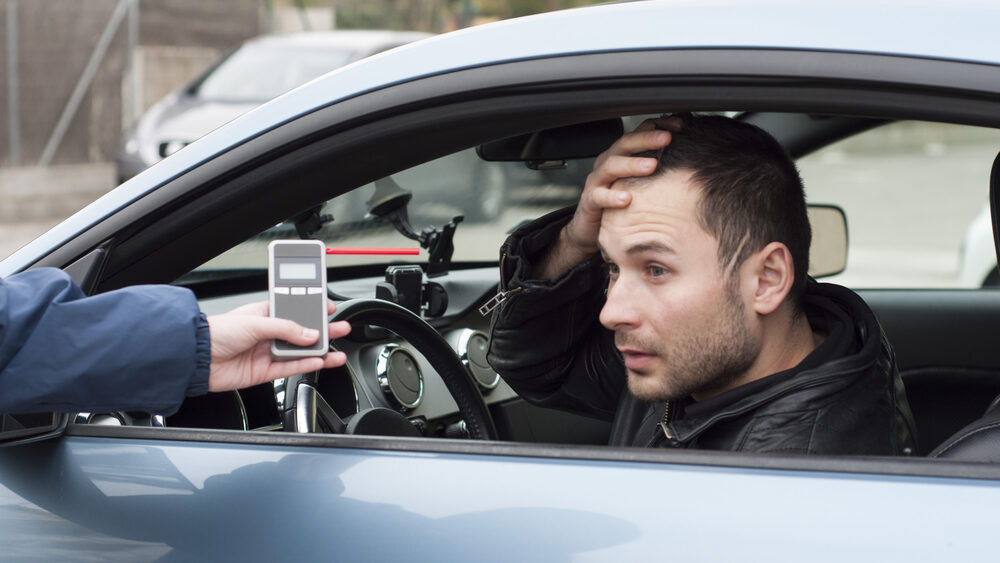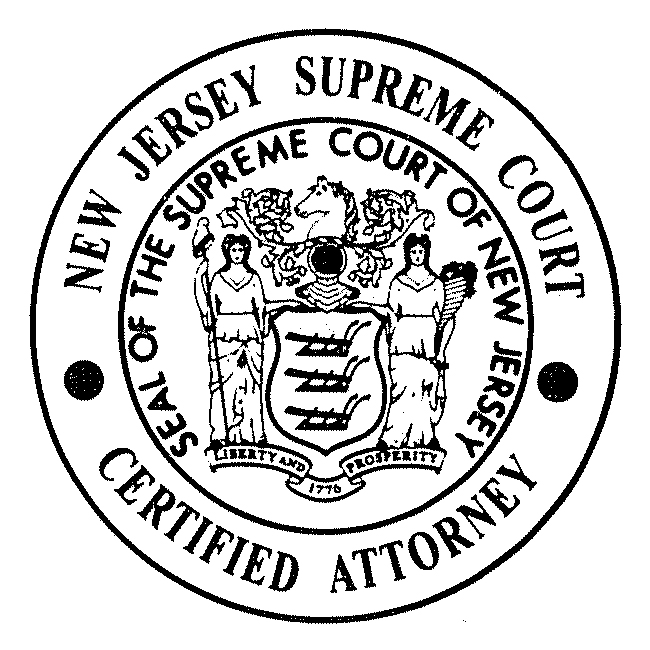Breathalyzer Accuracy in New Jersey: Challenging BAC Readings

Breathalyzer tests are a crucial tool in law enforcement’s efforts to combat drunk driving, and their results often play a pivotal role in DUI (Driving Under the Influence) cases. When an individual is suspected of driving under the influence of alcohol, they are subjected to a breathalyzer test, which measures their Blood Alcohol Concentration (BAC). In New Jersey, as in many other states, breathalyzer tests are commonly used to determine whether a driver’s BAC exceeds the legal limit. However, the accuracy of these tests has been a subject of debate, and individuals facing DUI charges may have legitimate reasons to challenge the results.
At Lombardi & Lombardi, we understand the importance of breathalyzer accuracy and the potential consequences of an erroneous BAC reading. In this comprehensive guide, we will delve into the inner workings of breathalyzer tests, explore the sources of error that can affect their results, and discuss effective strategies for challenging BAC readings in DUI cases. We will also provide hypothetical scenarios that highlight challenges to breathalyzer results and emphasize the crucial role of expert witnesses and independent BAC testing. By the end of this post, it will be clear that meticulous scrutiny of BAC testing is essential in DUI defense cases.
How Do Breathalyzers Work?
To comprehend the accuracy of breathalyzer tests, it is essential to understand how these devices work. Breathalyzers operate on the principle that the alcohol content in a person’s breath is directly related to their BAC. When a person exhales into the device, the breathalyzer measures the concentration of alcohol vapor in their breath. This measurement is then converted into a BAC reading, which is typically expressed as a percentage. The accuracy of a breathalyzer depends on various factors, and these devices can be prone to errors.
Some common sources of error in breathalyzer tests include:
- Calibration Issues: Breathalyzer devices need to be regularly calibrated to ensure their accuracy. Failure to calibrate them at the recommended intervals can lead to inaccurate readings. In New Jersey, law enforcement agencies are required to follow strict calibration protocols, but mistakes can still occur. If a breathalyzer is not properly calibrated, it can overestimate a person’s BAC, potentially leading to unjust DUI charges.
- Environmental Factors: Environmental conditions can also impact the accuracy of breathalyzer tests. Factors such as temperature, humidity, and atmospheric pressure can affect the results. These variations may lead to false-positive readings, which could be detrimental to individuals who are wrongly charged with DUI due to external conditions affecting the test.
- Interfering Substances: Breathalyzer tests are designed to specifically measure alcohol content, but they can sometimes detect other substances that may be present in the breath. Certain substances, such as mouthwash, medications, or even dietary choices like a low-carb diet, can produce elevated BAC readings that do not reflect the actual alcohol content in a person’s blood.
Strategies for Challenging Breathalyzer Results
Given the potential sources of error in breathalyzer tests, it is crucial for individuals facing DUI charges to explore strategies for challenging BAC readings. Here are some effective approaches:
- Calibration Records Review: One of the first steps in challenging breathalyzer results is to review the calibration records of the device used. If there are discrepancies or irregularities in the calibration process, it can cast doubt on the accuracy of the BAC reading. An experienced DUI attorney can assess these records and identify any potential issues.
- Breathalyzer Maintenance and Malfunction: In addition to calibration, it is essential to investigate whether the breathalyzer device used in the case was maintained properly. Malfunctions in the device, such as sensor problems or electrical issues, can lead to inaccurate readings. If it can be demonstrated that the device was not in good working order, it may be grounds for challenging the results.
- Expert Witnesses: Expert witnesses can play a pivotal role in challenging breathalyzer results. Experienced toxicologists or forensic experts can testify on behalf of the defense and provide insights into the potential sources of error in a specific case. They can help the court understand the limitations of breathalyzer tests and highlight factors that could have affected the accuracy of the reading.
- Independent BAC Testing: Another valuable strategy is to conduct independent BAC testing. This involves having a second test performed by a qualified professional using a different method or device. If the independent test results differ significantly from the breathalyzer reading, it can raise doubts about the accuracy of the original test. This independent testing can be a powerful tool in challenging DUI charges.
Hypothetical Case Examples
To illustrate the potential effectiveness of these strategies in challenging breathalyzer results, let’s consider a few hypothetical scenarios from New Jersey.
Scenario 1: Calibration Discrepancy
In a fictional DUI case, it was discovered that the breathalyzer device used had not been calibrated according to the prescribed schedule. The defense attorney presented evidence showing that the device had not been properly maintained. The judge, upon reviewing this evidence, ruled in favor of the defendant, stating that the BAC reading was not reliable due to the calibration issues. In this hypothetical scenario, the defendant’s charges were dismissed.
Scenario 2: Expert Witness Testimony
In another fictional case, the defense team enlisted the expertise of a renowned toxicologist. The expert witness testified that the defendant’s physical condition, along with certain medications they were taking, could have influenced the breathalyzer reading. The toxicologist explained the potential sources of error and cast doubt on the accuracy of the BAC reading. The jury in this fictional scenario found the defendant not guilty, emphasizing the importance of expert testimony in challenging breathalyzer results.
The Role of Expert Witnesses and Independent BAC Testing
The success of challenging breathalyzer results often hinges on the involvement of expert witnesses and the use of independent BAC testing. Expert witnesses can provide invaluable insights into the limitations and potential errors of breathalyzer tests. Their testimony can help the court and the jury understand the complexities of BAC readings, calibration, and maintenance issues.
Independent BAC testing serves as a powerful tool to corroborate or challenge the results obtained from a law enforcement-administered breathalyzer. By conducting an independent test using a different method or device, the defense can show discrepancies between the two readings, thus raising reasonable doubts about the accuracy of the initial test.
Contact an Experienced DUI Lawyer At Lombardi & Lombardi for a Free Consultation About Your Case Today
At Lombardi & Lombardi, we’re not just lawyers; we’re dedicated advocates for justice, working tirelessly to protect your rights and future. Our seasoned team understands the complexities of DUI cases in New Jersey and is equipped with the knowledge, experience, and resources to challenge questionable breathalyzer results effectively.
Our attorneys have extensive experience in DUI law, keeping abreast of the latest legal developments and technological advancements in BAC testing. We prioritize your needs, crafting personalized defense strategies that align with your unique situation. Facing DUI charges can be daunting, but with Lombardi & Lombardi, you’re not alone. We’re committed to providing a robust defense, scrutinizing every detail of your case to safeguard your rights.
Don’t let a DUI charge define your future. Contact us for a free, confidential consultation. Let us help you navigate the complexities of your case with the expertise and dedication you deserve.






 CALL NOW
CALL NOW